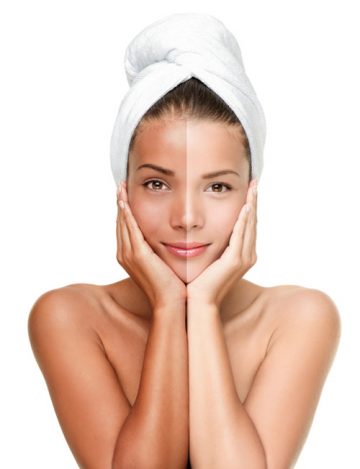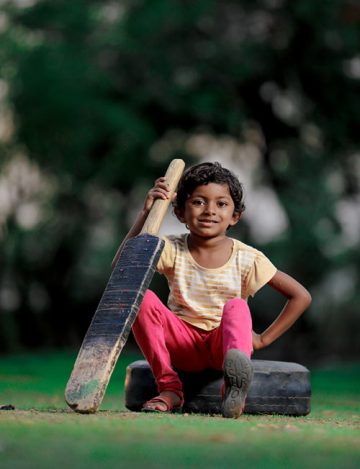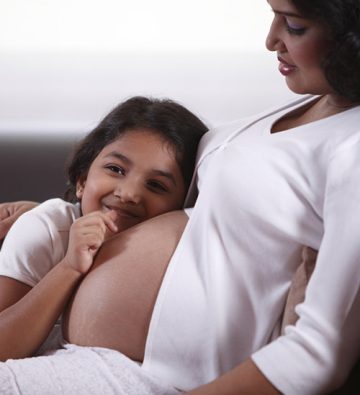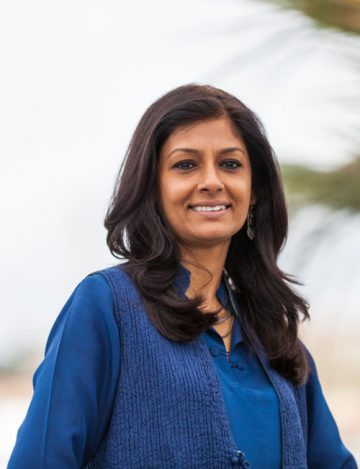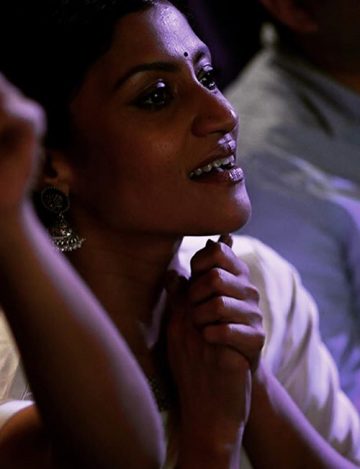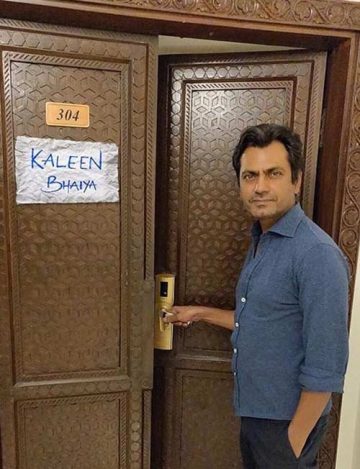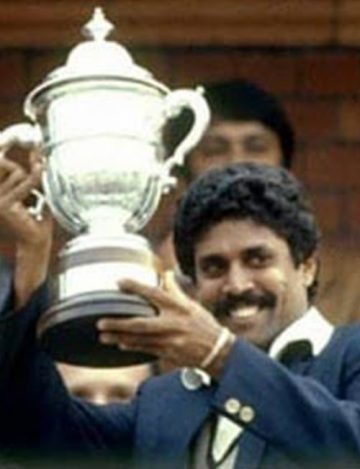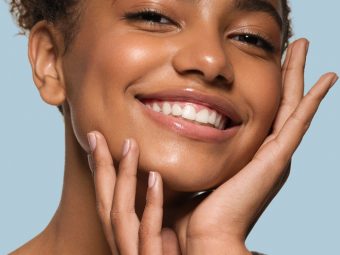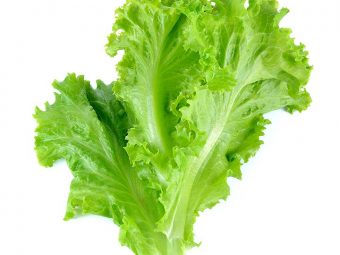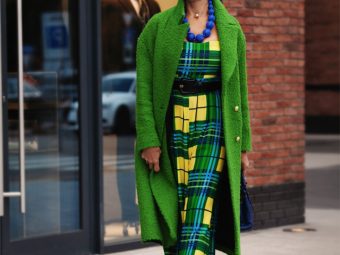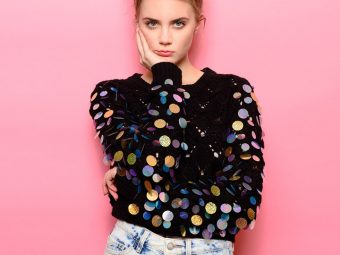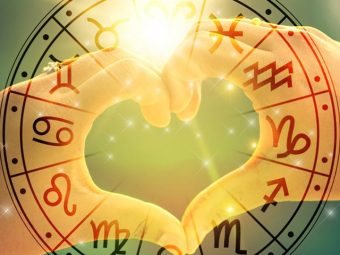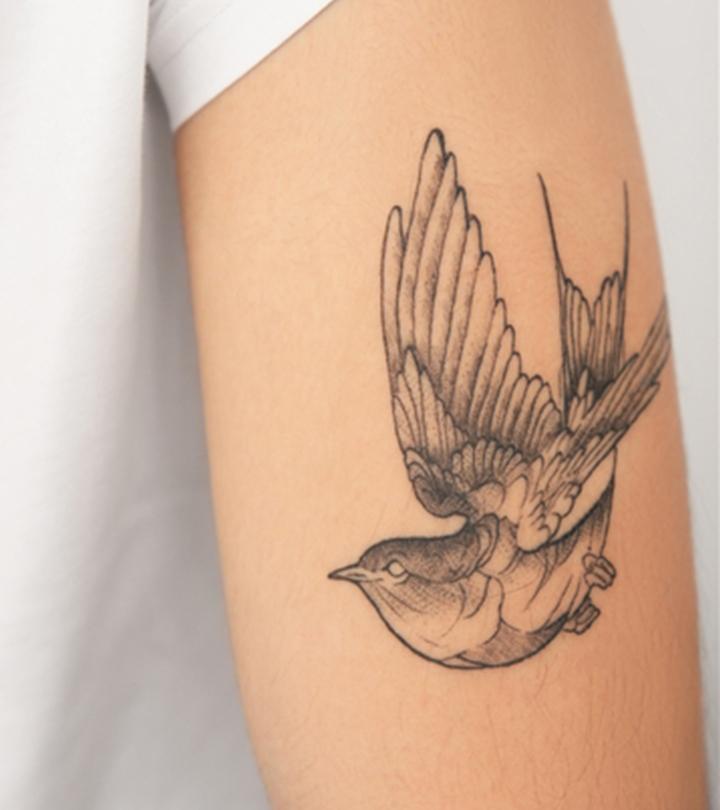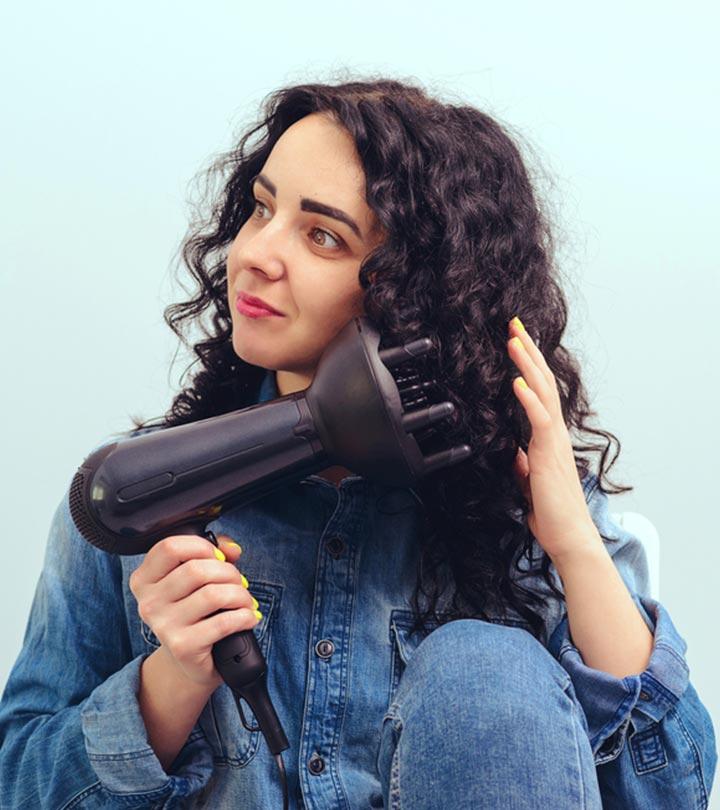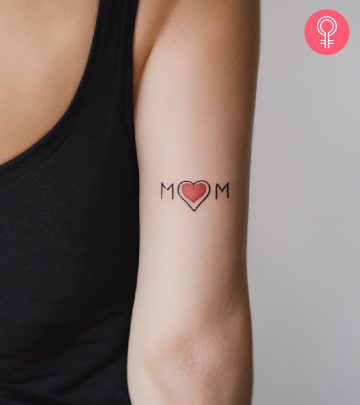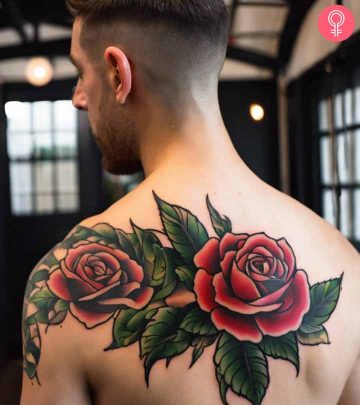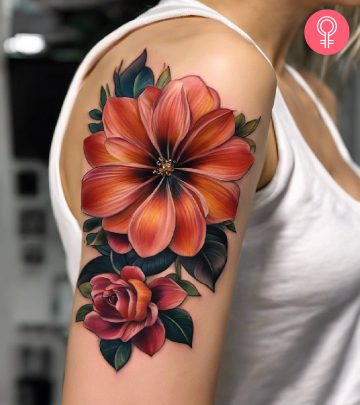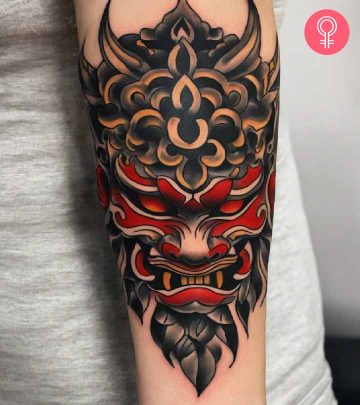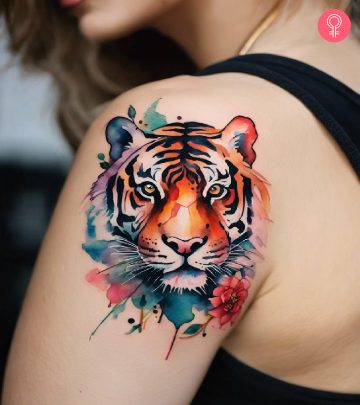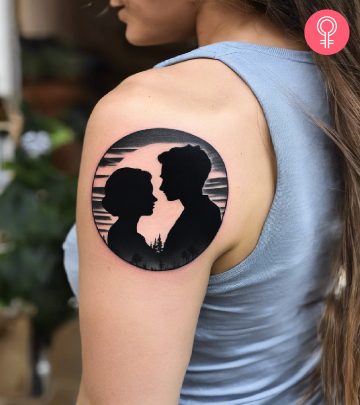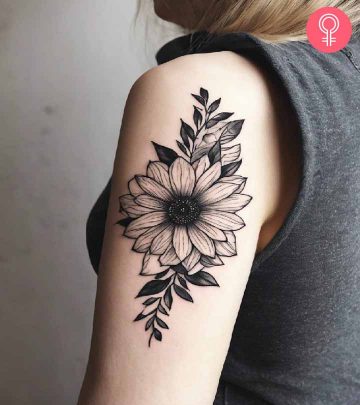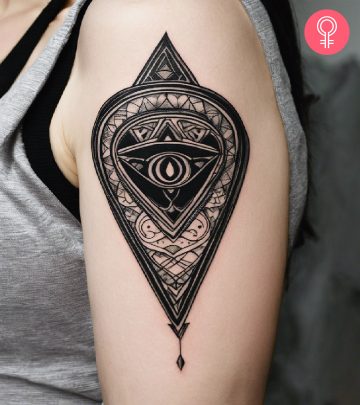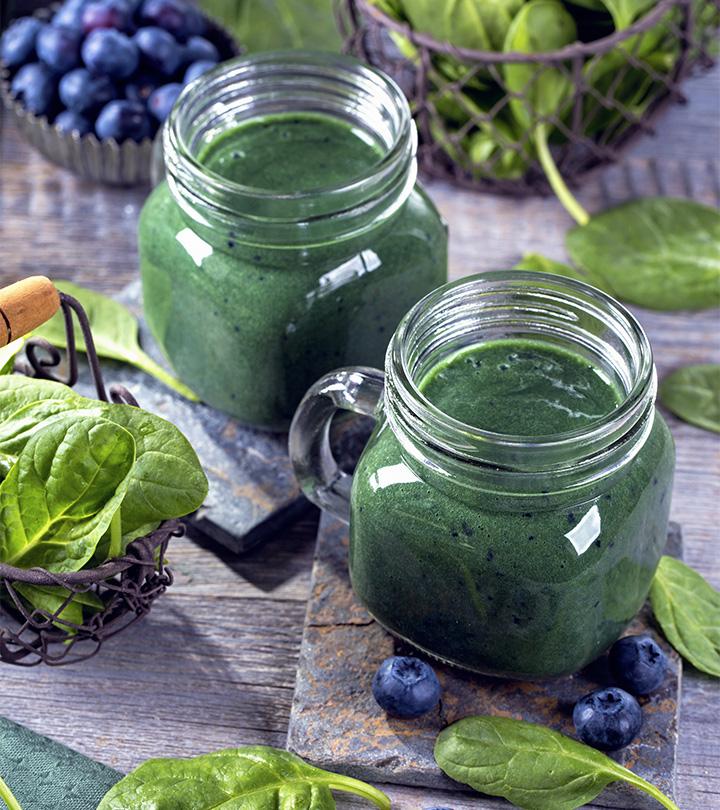Dusky Skin: The Millennial’s Perspective
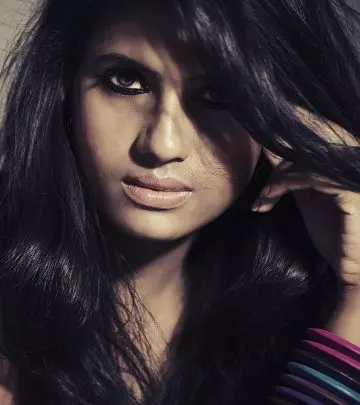
Image: Shutterstock
For over years now, Indian society has worshiped the concept of “fair is good” and “dark is bad”. The concept is further honed by beauty and fairness creams that promise to leave you looking a few tones lighter than before. And yes, this has not been an ordeal merely for women. Even male celebrities who are originally dusky by complexion, are out there promoting creams to make men fair. This obsession with skin color has not just led to a lot of judgment from the society, but also caused several youngsters to lose their confidence, only to go out of their way to get a “lighter” complexion.
So, the big question arises. “How is the millennial looking at the dusky skin stereotype?”
Well, while there is a bit of a craze about the “fair and beautiful”, today’s generation is more than happy to break free from the clutches of societal pressure regarding color, and embrace their dusky complexion. While both the men and women are affected by the skin-tone craze, women are somehow affected more. However, the concept of fair skin begins way before a child is born.
Let’s see a quick timeline of how the fairness craze is just a vicious circle.
Before Birth
“Boil some milk and put in a few strands of saffron in it.”
“Drink a lot of tender coconuts.”
“Eat fresh apples and oranges.”
These are common advise given to pregnant women. And, the expected outcome—fair kids with tomato red cheeks. The pressure for a fair child begins even before birth, and if the mother is of dusky complexion, the struggle could be significantly higher.
After Birth
When the little one enters the world, the infant is already subjected to dietary restrictions to get a better skin tone. This is often the issue created by grandparents, uncles, aunts, and sometimes, if not always, the parents. Some parents go as far as to create skin scrubs and face packs for babies, while others look at gram flour paste and early morning sunbathing.
Childhood
It is not an unfamiliar sight to see parents preventing kids from playing out in the sun, simply because of the fear of tanning in the sun. While boys face this as well, girls have a higher chance of bearing the brunt. And, if they don’t play in childhood, then when will they?
Adolescents
This is the time around which kids explore the world outside merely books and marks. Be it anything ranging from sports and track, and field to National Cadet Corps and National Service Scheme. And, at that age, the seed of different skin tones is often planted into the young ones’ minds.
Youth
This is a critical part of a person’s life for starting one’s career and stepping into the marital world. However, despite having several parameters for judging a person’s ability to handle a job and marriage, people with a dusky or darker complexion are perceived as less attractive and desirable for prospects (1). This is owing to the fact that fair complexion is considered a marker of class, social position and wealth. Well, we have a fair Vijay Mallya and a not-so-fair Shiv Nadar. Just saying… just saying.
Marital Life
Let us face it. We are not unfamiliar with the look of judgment when we see a dark-fair couple. This has happened to nearly everyone out there. And there is often a pointless question asked about “their offspring”. And, then comes pregnancy. Even if one of the parents is of the darker tone, the mother is forced to take a lot of precautions to have strands of saffron in milk, apples, and tender coconut to ensure the kid is born fair.
Wait. That sound familiar? Yes. The vicious circle continues over and over.
However, in today’s world, women have come forward to embrace their skin tones and encouraging others to stop letting a color decide the content of their heart. Imbibing into everyone’s heart, for over generations fairness brands have fed off the insecurity of people with dusky complexions. And, several celebrities endorsing the same. Again, even the film industry is more for fair actresses.
Millennial today are constantly looking up to celebrities and icons for inspiration . With one bunch of them endorsing fairness products, there exist some celebrities that not only are dusky but are coming out to show how they embrace their skin color. And, these people turn out to be the true role models for the Millennial.
Actress and filmmaker, Nandita Das, has openly shown her support to the Dark and Beautiful campaign launched by Women of Worth. In this campaign, women who have been considered dusky, dark, or even ‘colored’ came out of their shells to show how much they love their skin tone. Not only this. She worked hard for the world to see her talent, and today is one of the most well-known actresses.
Konkona Sen is another brilliant actresses and filmmaker that turned a deaf ear to people with a color-bias. Well, as they say, the rest is history.
Not just the women, even men who were considered too dark or dusky to be on screen have been the turning point of the film industry in itself. Look at Irrfan Khan and Nawazuddin Siddiqui.
Outside the film industry, most icons are barely concerned about their skin color. We would not have had our first World Cup in 1983 without a dusky (yet, handsome) Kapil Dev. And, if she was worried about her complexion, P.T. Usha would not have turned out to become the Queen of Indian track and field.
To conclude, we quote with the words of Martin Luther King. “Judge a man not by the color of his skin, but by the content of his character.”
Have you faced bias because of skin color or have you known anyone who has gone through that? What do you think about society’s obsession with fair skin? Share us your thoughts in the comment section below.

